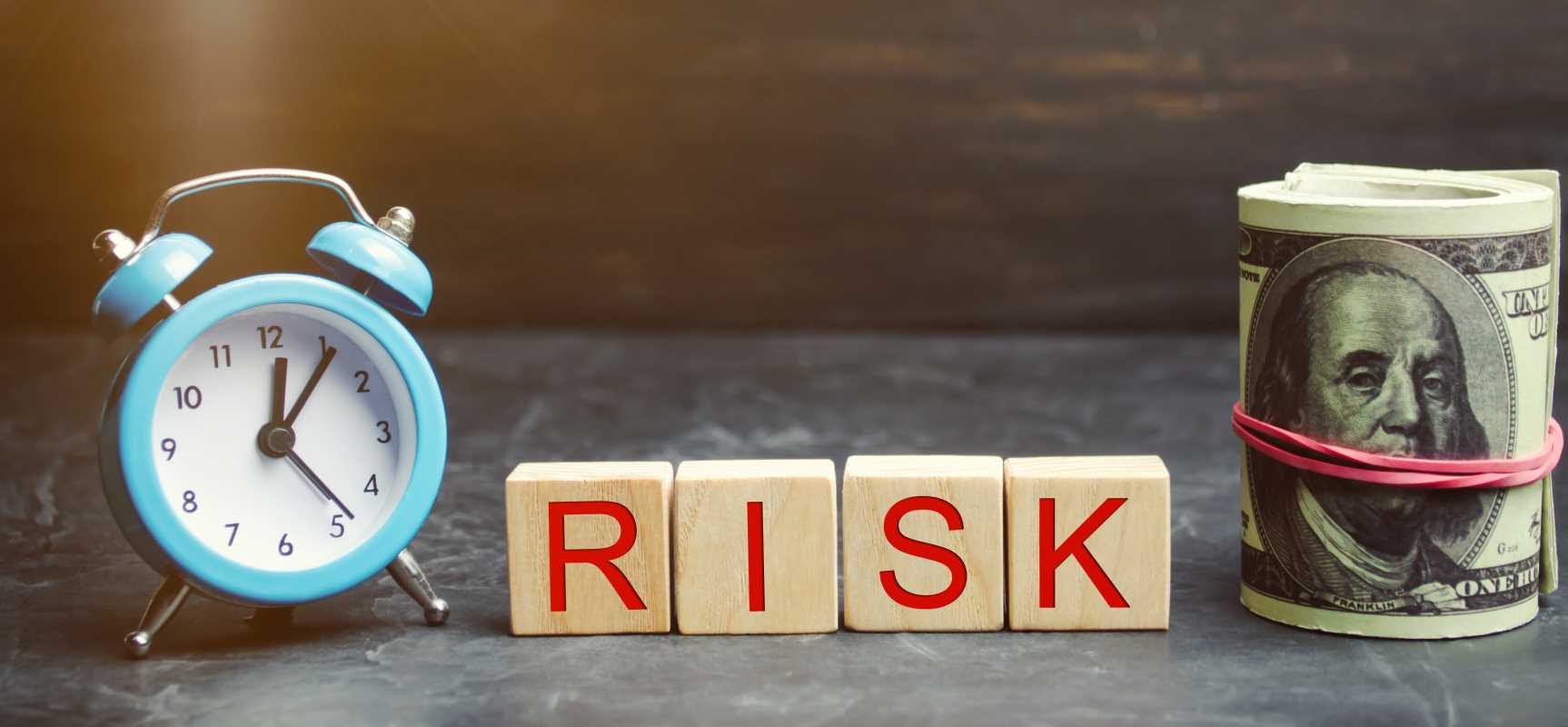Ever watched a top athlete falter at a crucial moment, seemingly undone by something beyond physical fatigue? A missed free throw that could have won the game, a stumble on the final hurdle, a swing and a miss in the bottom of the ninth. It’s a common, often heartbreaking, sight. But what if that moment wasn't about a lack of skill, but a battle waged entirely within their own mind?
The journey to athletic greatness is paved with physical conditioning, but it’s the mental marathon that often determines who stands on the podium. The pressure to perform, the fear of failure, and the relentless pursuit of perfection create an internal battlefield. This is the story of that battle—and how it can be won.
Understanding the Mental Game
The statistics paint a stark picture: around 35% of elite athletes report experiencing mental health challenges during their careers. For student-athletes, the pressure cooker of academics and sports means nearly half of them feel overwhelmed by their commitments. These aren't just numbers; they represent real people grappling with performance anxiety, fear of failure, and the crushing weight of burnout. It’s a silent epidemic, with nearly 80% of athletes admitting they’ve faced mental health struggles at some point.
The tide, however, is turning. The sports world is finally recognizing that mental resilience isn't a bonus trait; it's a fundamental pillar of performance. This shift is happening on multiple fronts:
- The Rise of Openness: Gone are the days when athletes suffered in silence. Figures like swimmer Michael Phelps, gymnast Simone Biles, and tennis star Naomi Osaka have bravely shared their struggles with depression and anxiety. Their vulnerability has sparked global conversations, dismantling the myth that mental struggle is a sign of weakness and showing that even the greatest among us are human.
- Performance Enhancement, Not Just Treatment: The focus is shifting from solely treating mental health disorders to proactively building mental wellness as a tool for peak performance. As Dr. Wilsa Charles Malveaux, a sports psychiatrist, puts it, framing mental health interventions as performance enhancers "lowers stigma and increases early engagement." This approach reframes seeking help not as a problem to be fixed, but as a strategy to gain a competitive edge.
- Systemic Support: Recognizing that athlete well-being is paramount, organizations are implementing comprehensive mental health strategies. The NCAA now mandates that member schools make mental health services available, and the International Olympic Committee (IOC) has established "Mind Zones" and confidential helplines at the Olympic Village to provide accessible support.
Strategies for Resilience
So, how do athletes actually push past these mental barriers? It’s not magic; it’s a deliberate, often rigorous, process of building mental fortitude.
- Cultivating a Growth Mindset: Popularized by psychologist Carol Dweck, a growth mindset is the belief that abilities can be developed through dedication and hard work. Athletes who embrace this view see challenges not as insurmountable obstacles, but as opportunities to learn and grow. A missed shot becomes data for the next attempt. A loss becomes a lesson in strategy. This perspective transforms setbacks from devastating blows into vital parts of the journey.
- The Power of "If-Then" Planning: This involves anticipating potential challenges and pre-planning responses. A marathon runner might plan, "If I hit the wall at mile 20, then I will focus on my form and repeat my mantra." A basketball player might decide, "If the crowd gets loud, then I will take a deep breath and focus only on the rim." This proactive approach reduces in-the-moment anxiety by providing a clear action plan, turning panic into a practiced response.
- Embracing Imperfection: Perfectionism can be a major mental hurdle, creating a constant fear of making mistakes. Learning to accept errors as feedback, rather than personal failures, is crucial. This is where self-compassion comes in—treating yourself with the same kindness you'd offer a friend after a tough game. It’s about recognizing that striving for excellence doesn't mean demanding flawlessness.
- Finding Purpose in the "Boring" Tasks: Elite athletes understand that greatness is often built on consistent, sometimes mundane, effort. Sticking to a strict diet, spending hours in film study, or performing repetitive drills are all part of the process. The key is to connect these tasks to a larger purpose. That extra hour of practice isn't just an hour; it's a step toward a championship. That disciplined meal isn't a sacrifice; it's fuel for peak performance.
Advanced Techniques for Peak Performance
While foundational strategies are vital, some athletes are exploring more advanced methods to fine-tune their mental game.
- Neurofeedback Training: This brain-training technique uses sensors to monitor brainwaves in real-time, allowing athletes to learn how to self-regulate their brain activity. By getting immediate feedback, they can train their minds to enter states of calm focus on command. Professional athletes like NFL quarterback Kirk Cousins have used neurofeedback to improve decision-making under pressure and sharpen their cognitive responses.
- Somatic Experiencing (SE): This body-first approach helps athletes connect with and resolve physical and emotional tension by regulating their nervous system. It’s about understanding what the body is feeling to unlock performance potential. An athlete might use SE to release the physical tension caused by pre-game jitters—the tight shoulders, the churning stomach—allowing them to perform with greater ease and fluidity.
- Advanced Visualization: This goes far beyond simply picturing success. It involves multi-sensory mental rehearsals: actively feeling the texture of the ball, hearing the roar of the crowd, smelling the freshly cut grass, and experiencing the emotions associated with a perfect play. Experiments have shown that detailed visualization activates the same neural pathways as actual physical practice, reinforcing muscle memory and building unshakeable confidence.
Practical Steps for Everyone
The good news is that you don't need to be a professional to benefit from these strategies. Many are accessible to athletes at all levels.
- Mindfulness and Deep Breathing: Even a few minutes of mindful breathing can calm the nervous system, lower your heart rate, and improve focus. Simple techniques like box breathing (inhaling for four counts, holding for four, exhaling for four, and holding for four) can be used before a game or even during a timeout to reset your mental state. Studies show that athletes who practice mindfulness regularly experience reduced stress and improved concentration.
- Positive Self-Talk: Consciously challenging negative thoughts and replacing them with encouraging affirmations can significantly boost self-belief. Think of it as becoming your own best coach. Instead of thinking, "I can't do this," an athlete can reframe it to, "I have trained for this moment, and I am ready." This internal dialogue shapes your reality and empowers you to act with conviction.
- Diversify Your Identity: Remember, you are more than just an athlete. Your self-worth should not be solely tied to your latest performance. Engaging in hobbies, nurturing relationships, and pursuing interests outside of your sport helps maintain a balanced perspective. This balance not only protects your mental health during slumps but also enhances long-term resilience, reminding you that a bad day on the field doesn't define who you are.
 (Image via
(Image via





